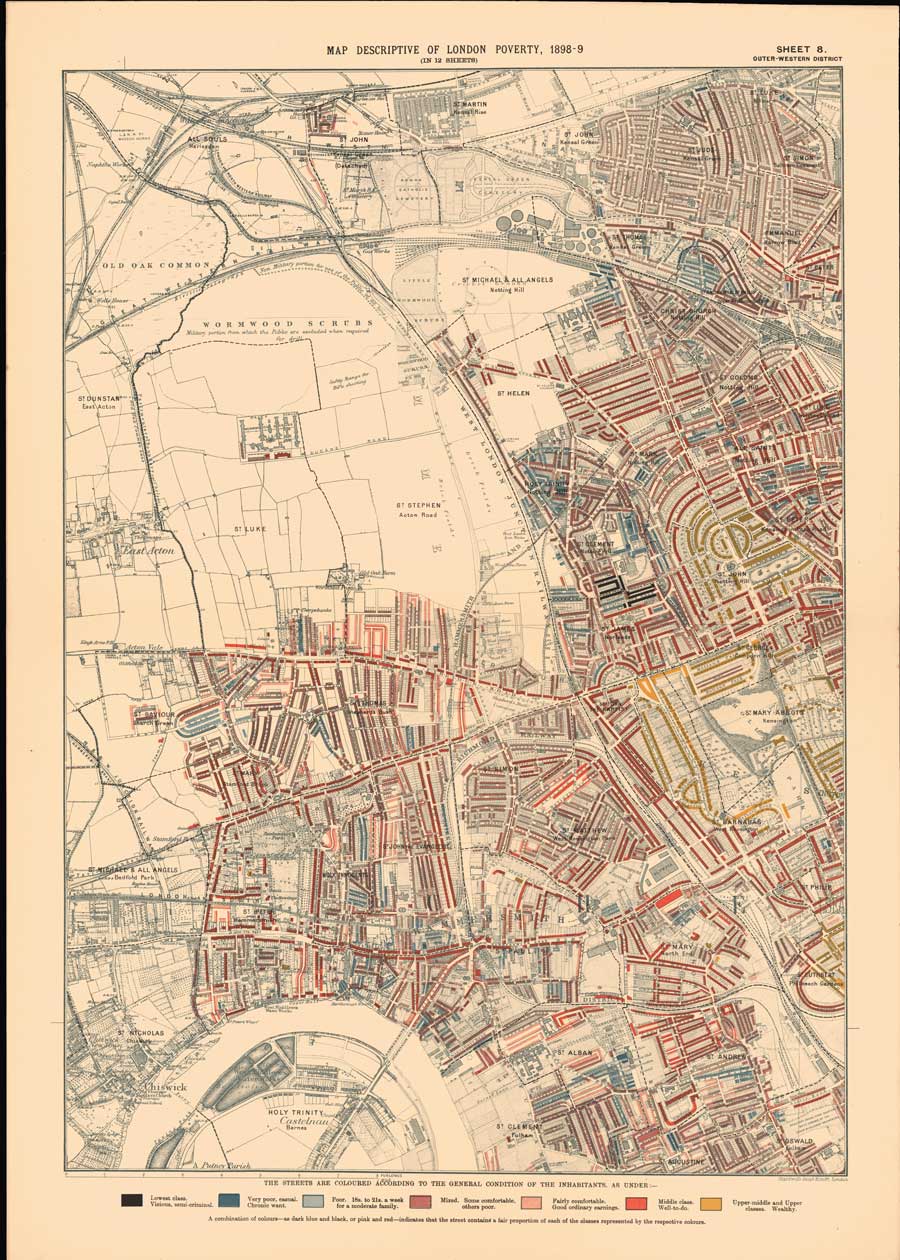26 OCT 1961
The agreement extended copyright protection for the first time from the author of a work to the creators and owners of physical manifestations of intellectual property, such as audio or video cassettes.
Introduction
Discover UNESCO’s communication and information programme in the UK. Find out more about UNESCO’s role in setting global standards, the UK’s world-leading experts and their contribution to ensuring everyone has the right to freely express their opinions.
UNESCO has been concerned with the uneven distribution of communication and information across the globe since its inception in 1945. Recognising the fundamental role of communication and information to fostering peace and development, the programme is built on the right we should all share to freedom of expression, to hold our own opinions, and to express them freely.
UNESCO works to protect these rights and its current programme is firmly rooted in the demands and needs of 21st Century citizens. It leads the United Nations Plan of Action on the Safety of Journalists; offers guidance on combating online hate speech and misinformation; promotes Open Educational Resources and access to information for marginalized people; co-ordinates approaches to Artificial Intelligence and preserves and promotes the world’s documentary heritage.
Through this work the programme contributes to the UN Sustainable Development Goals which recognize the importance of public access to information and the protection of fundamental freedoms to peaceful and inclusive societies.
Legal Framework
UNESCO establishes an international normative framework through its Conventions, Recommendations and other agreements.
There are two Conventions, fifteen Recommendations and three Declarations covering Communication and Information. They encourage Member States to deal with issues including new technologies, the free flow of information and ideas and international cultural cooperation. Together they establish a robust international framework for protecting global rights and promoting participation and therefore laying the foundation for sustainable development.

The agreement extended copyright protection for the first time from the author of a work to the creators and owners of physical manifestations of intellectual property, such as audio or video cassettes.

The Recommendation marks a milestone in those efforts by establishing guidelines and fostering international cooperation. It helps Member States identify documentary heritage and provides advice on what kind of policy measures are needed to preserve it.

Recognising the essential role of the internet and online communication to education and media and information literacy, this Recommendation seeks to ensure internet content is available in forms and languages that are accessible to all.
Policy Advice
The UK National Commission for UNESCO informs and advises on international and domestic communication & information policy to UNESCO and UK Government. UNESCO places a strong emphasis on the needs of lesser developed countries in its C&I work but the programme is also vital for the UK’s own national and international information and communication activities and UK Experts are playing a leading role.

Policy Brief Series n°22
In this policy brief, the UKNC considers where the Recommendation fits within existing structures in the UK for identifying, protecting and promoting documentary heritage.

Policy Brief Series n°04
This brief identifies an opportunity for the UK to influence UNESCO policy in the use of new digital media technologies. The UK is positioned to lead the sector in the development of good practice in sustainable tourism, a developing priority for UNESCO and the World Heritage Centre.

Policy Brief Series n°14
UNESCO’s results-based reporting is used as a way of informing stakeholders of the results of its various global initiatives, as well as a method of informing strategic decision making. However, the current method of reporting at UNESCO is seen by Member States to be insufficient. This brief explores why and makes recommendations on how the situation can be improved.

Policy Document
This case study from the National Value report shows how by promoting inclusive quality education and raising awareness of past and present inequalities, the Archive is a great example of how UNESCO Memory of the World inscriptions can contribute to the SDGs.
Expert Advice
We work with a network of experts across the UK who support UNESCO’s global mission to build peace in the minds of men and women. Our Expert Network is made up of pro-bono specialists who help to advise the UK and Devolved Governments on policy relating to UNESCO’s programmes.
Programmes & Initiatives
The Communication and Information Sector within UNESCO aims to advance freedom of expression, media development, and access to information. This is aligned closely with UNESCO’s mandate to “promote the free flow of ideas by word and image”. The sites and initiatives in the present in the UK help to advance these aims by increasing visibility and exchanging ideas.
The initiatives UNESCO organises worldwide directly contribute to achieving the Sustainable Development Goals (including SDGs 4, 5, 8, 9, 10,11,13,16 and 17) set out in the 2030 Agenda for Sustainable Development, with specific attention to the social, political and economic mutations of the digital age.
UNESCO launched the Memory of the World (MoW) Programme in 1992 to guard against the collective amnesia, calling upon the preservation of the valuable archive holdings and library collections all over the world and ensuring their wide dissemination. The Programme’s vision is that the world’s documentary heritage belongs to all, should be fully preserved and protected for all and, with due recognition of cultural mores and practicalities, should be permanently accessible to all without hindrance.

Created in 1997, the annual UNESCO/Guillermo Cano World Press Freedom Prize honours people or organisations for outstanding contributions to the defence and promotion of press freedom, especially when this has been achieved in the face of danger.

Established in 2004, the UNESCO/Jikji Memory of the World Prize rewards individuals or organisations for outstanding efforts towards the preservation and accessibility of documentary heritage.

The UNESCO/Emir Jaber al-Ahmad al-Jaber al-Sabah Prize rewards individuals and organisations who have made a significant contribution to the inclusion of people with disabilities in society through digital solutions, resources and technologies.

World Book and Copyright Day is a celebration to promote the enjoyment of books and reading. Each year, on 23 April, celebrations take place all over the world to recognize the scope of books – a link between the past and the future, a bridge between generations and across cultures.

3 May acts as a reminder to governments of the need to respect their commitment to press freedom and is also a day of reflection among media professionals about issues of press freedom and professional ethics. Just as importantly, World Press Freedom Day is a day of support for media which are targets for the restraint, or abolition, of press freedom.

28 September is widely-celebrated globally by civil society, information commissioners, governments and inter-governmental organisations alike, with events to raise awareness of everyone’s right to request and obtain information from public bodies.